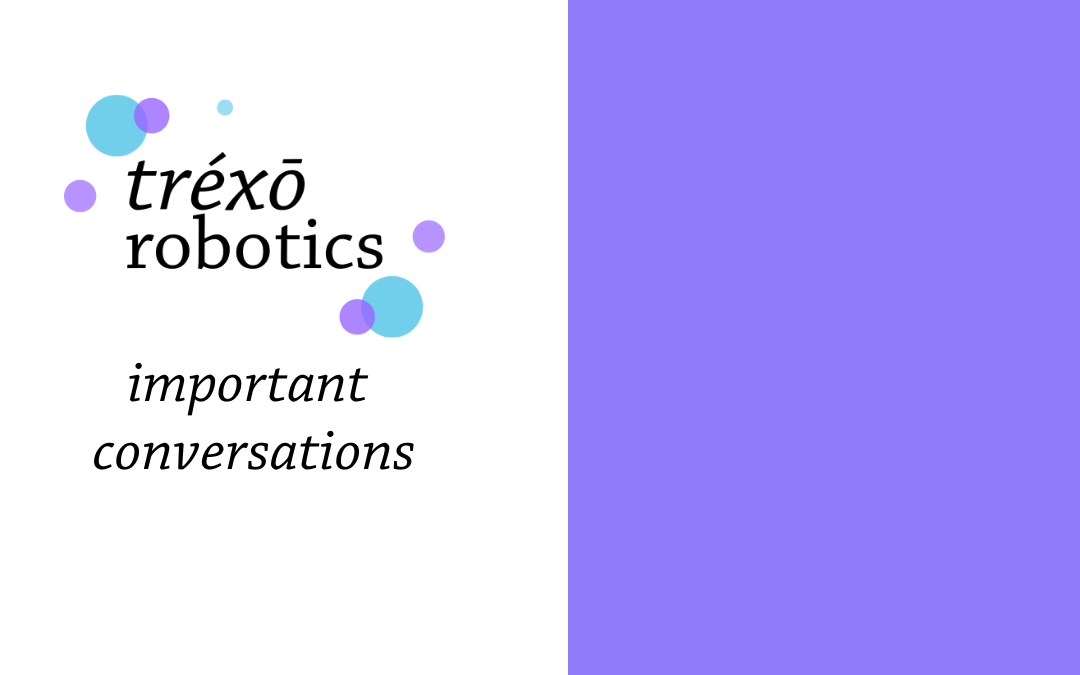Ableism is defined as “discrimination in favor of able-bodied people”. I think that “the discrimination of and social prejudice against people with disabilities based on the belief that typical abilities are superior” is a more detailed and accurate definition. Credit to Accessliving.org for that definition.
For those that don’t have a disability or aren’t close to anyone that does, it can be hard to understand how the world is for a person with a disability. When you think about the structure and makeup of our communities, the problem appears to be systemic. Society as a whole is ableist. Meaning that people without disability are considered the norm and everything is structured around that idea. Navigating a world that wasn’t built for disability presents physical and emotional challenges for those with disabilities.
While ableism is a systemic problem, it is also an issue at the individual level – either intentionally and with malice, or unintentionally. Either way, ableism is present in more conversations than I ever realized, which is why I wanted to write this post. It is important to understand ableism and advocate for change.
If we want to try to show up as the best version of ourselves, as the kindest and most inclusive version of ourselves, then learning what ableism is and how it makes people feel, is important. Considering how our words land is important.
Some examples of ableism in action:
- Saying “you don’t look disabled,” as though this is a compliment
- Avoiding speaking to a person with a disability due to discomfort, fear of saying the wrong thing or thinking they won’t understand you
- Spreading or believing stereotypes
- Questioning whether a person’s disability is real
- Creating a hierarchy for the severity of the disability – for example cognitive disabilities are worse than physical disabilities
- Asking someone what is “wrong” with someone
- Thinking that people with disabilities get bonuses or perks (parking spaces for example)
How do we counter ableism? What are the solutions?
👉 Listen to people with disabilities to hear and understand their experiences
👉 Learn about ableism
👉 Speak up to stop ableism and correct myths
👉 Advocate for accessibility and inclusivity
👉 Support organizations that help or advocate for people with disability
👉 Be aware of accessibility challenges
👉 Hire people with disabilities
👉 Ask how you can help
👉 Don’t assume they want to be able-bodied – checking this assumption will help a lot in how you communicate with people with disabilities
It will take some introspection and self-awareness to eliminate ableism at the individual level. The systemic ableism will be tackled through education and advocacy.
Google Trends data for the previous 5 for queries related to ableism.

While there are indications that awareness is growing, there is a lot of work to be done. Share any thoughts you have on how to combat ableism, in the comments below.


Recent Comments